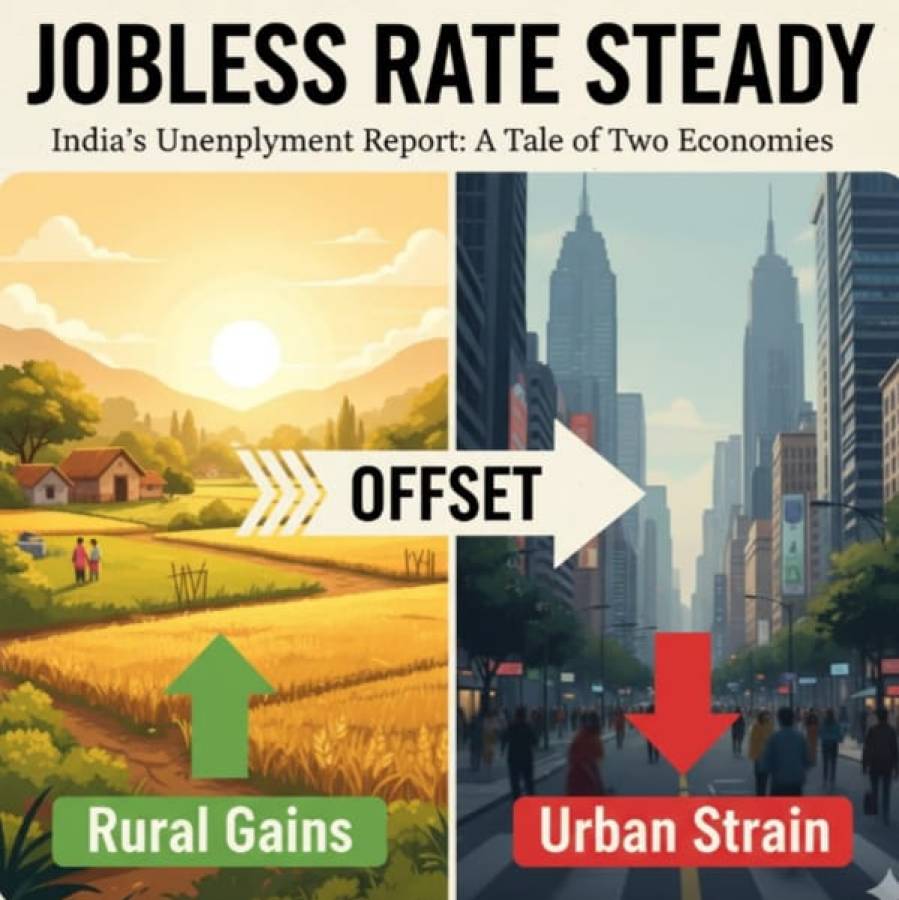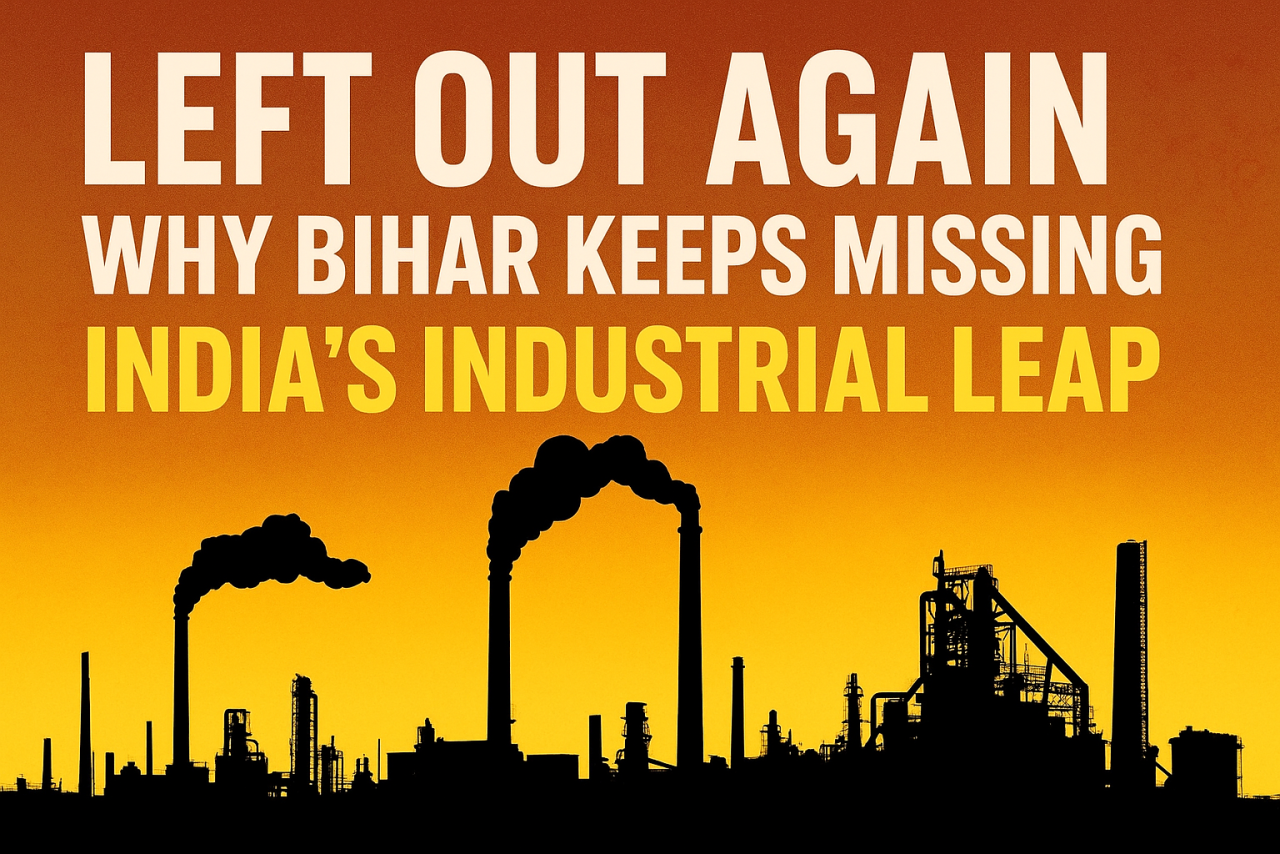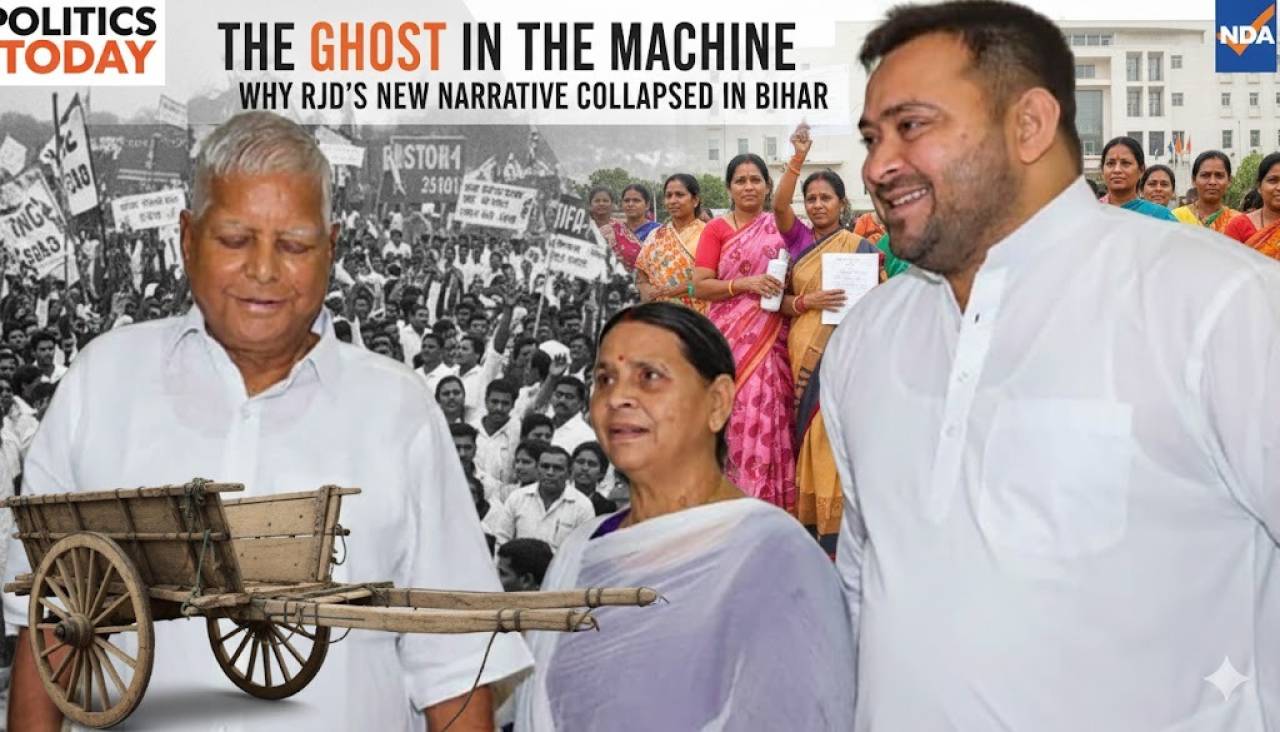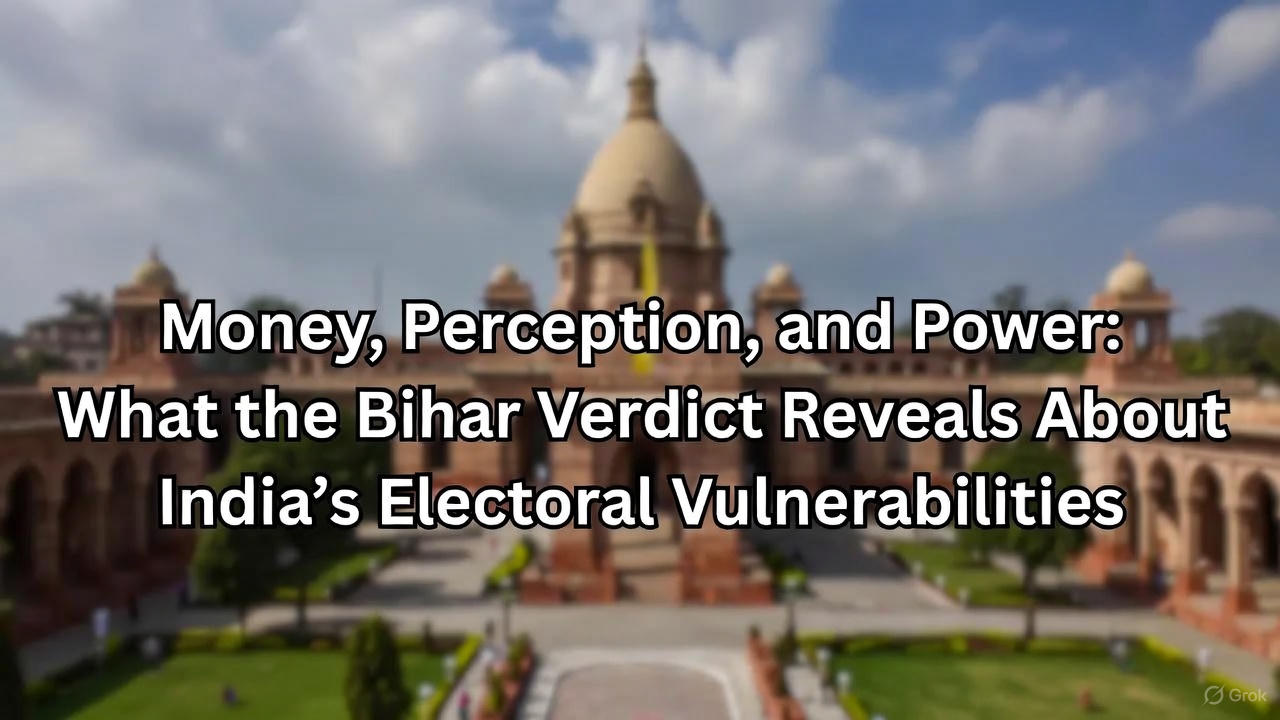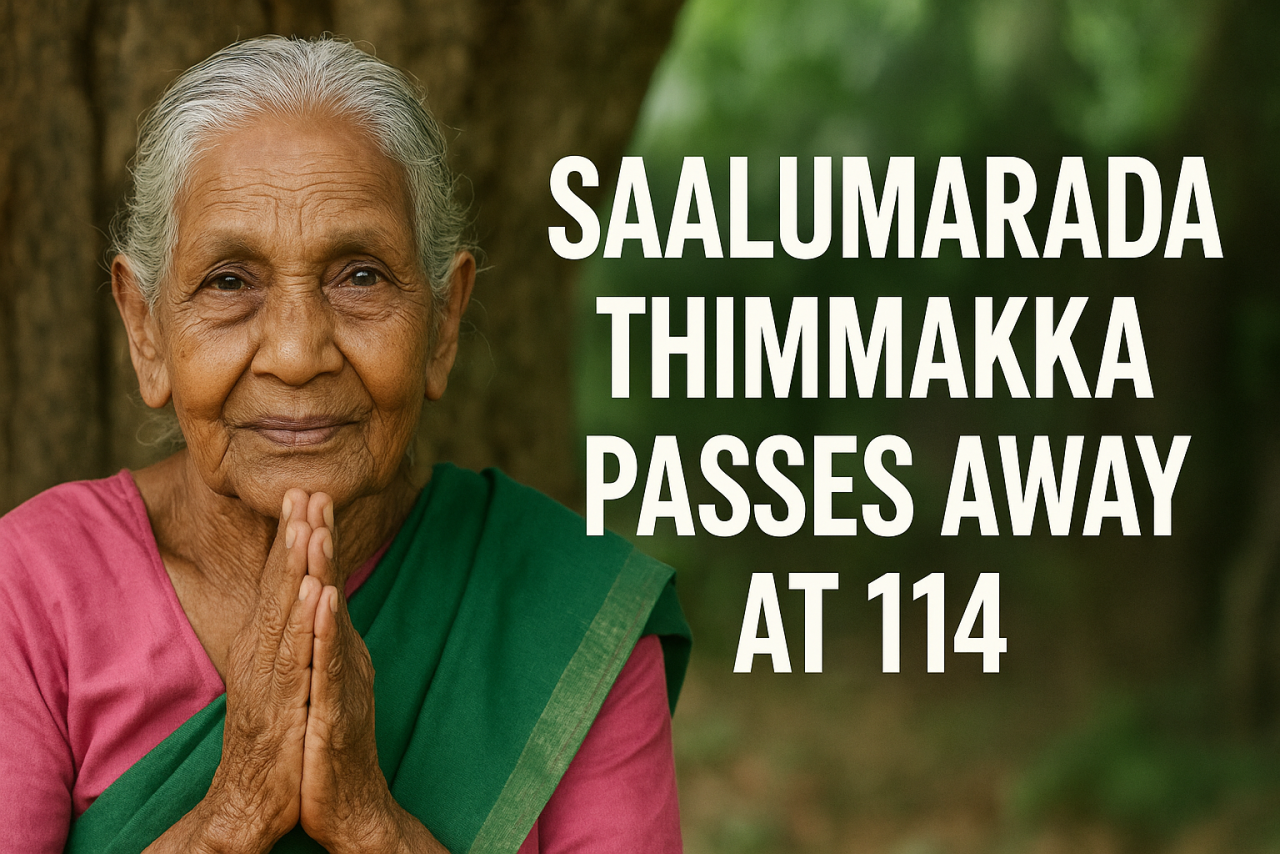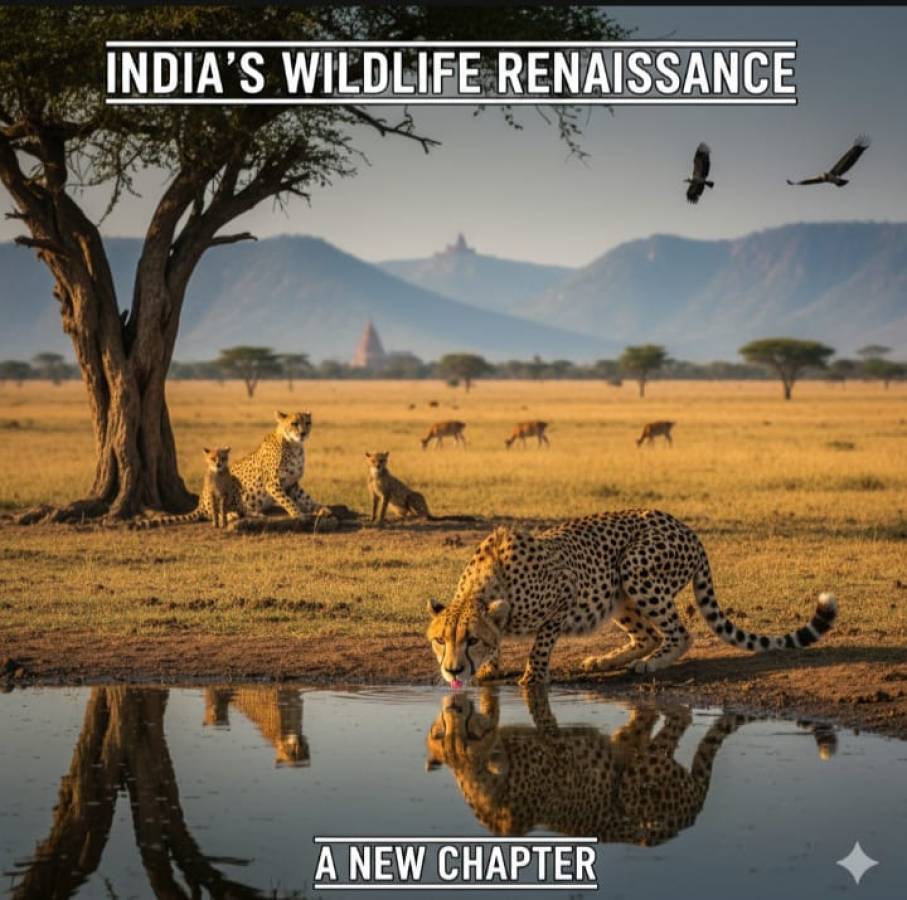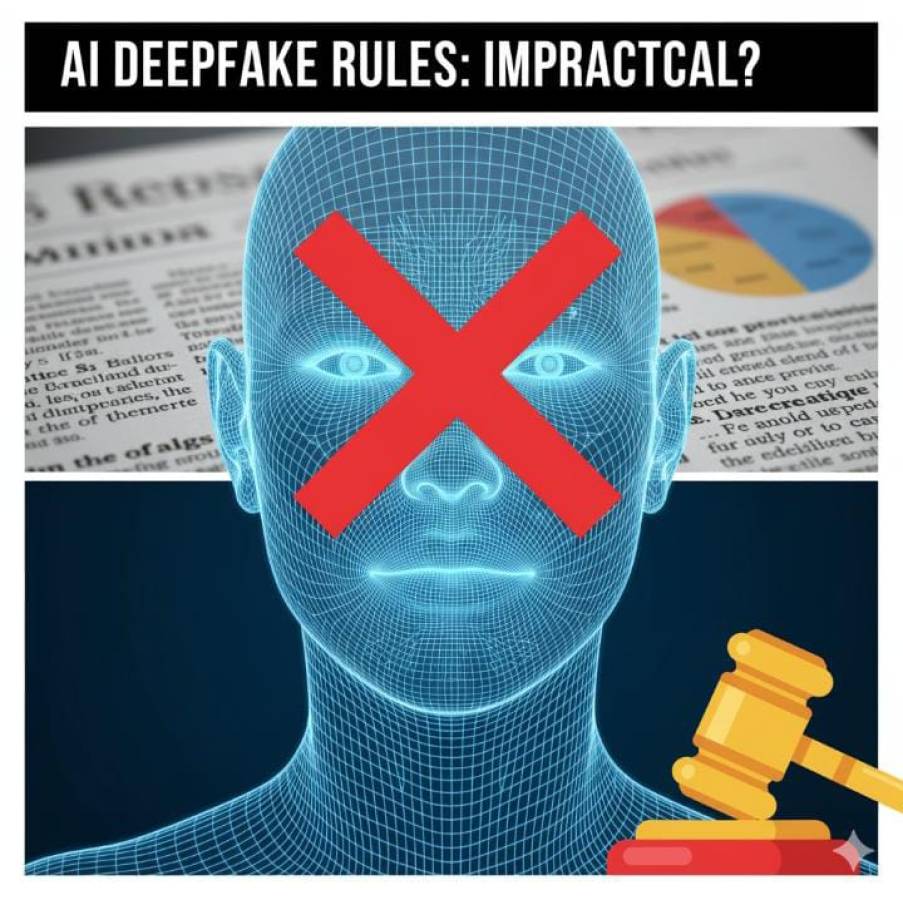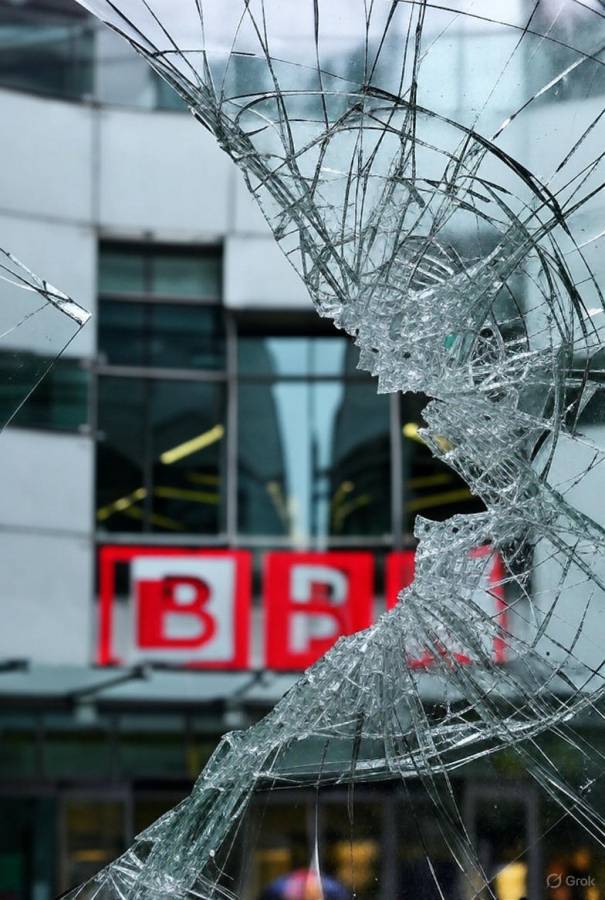
In a world flooded with information, people still turn to a handful of established news organisations for clarity and truth. These legacy media houses carry decades of credibility, built on rigorous reporting and editorial standards. That is precisely why their mistakes cut deeper. When a platform known for reliability misuses information or presents it in a misleading way, the damage is far more lasting than any rumour travelling through social media.
The recent episode involving the BBC and former US President Donald Trump is a crystal clear example of this problem. The BBC issued a formal apology after a documentary included a misleading edit of Trump’s January 6, 2021 speech. The edit stitched together two segments in a way that suggested he had made a direct call for violence before the Capitol riot. This version of events circulated widely and shaped public perception before the issue resurfaced this month with the broadcaster’s admission of error.
Trump demanded one billion dollars in compensation, arguing that the misrepresentation harmed him. While the BBC rejected the compensation claim, it acknowledged that the editing was wrong. The fallout was enough to trigger the resignation of two senior figures in the organisation—its director general and head of news. For a media institution that has built its identity on accuracy and trust, this was a moment of reckoning.
But the issue is much larger than one broadcaster’s mistake or one political figure’s grievance. It raises difficult questions about how even the most respected newsrooms sometimes allow narratives, deadlines or pressures of attention to shape the way facts are presented. The misuse of information in these environments is rarely blatant fabrication. It is more often a subtle shift—an edit that changes tone, an omission that wipes out context, or an arrangement of clips that leads the audience toward an assumption the speaker never explicitly made.
This form of distortion is harder to detect. It hides behind the authority of the institution. People consume it believing they are getting the unvarnished truth. In the BBC case, a clipped and rearranged speech created a stronger storyline for a documentary, but it also created a different meaning. Once such interpretation spreads, it becomes extremely difficult to correct. An apology may balance the record on paper, but it cannot erase the impressions formed in millions of minds.
This episode also fits into a wider pattern. In recent years, respected media organisations across countries have been pulled up for selective reporting, sensational angles or overreliance on unverified material during breaking news coverage. The pressure to publish fast and compete for attention has chipped away at thoughtful verification processes. The line between responsible storytelling and narrative-driven framing has grown thin.
Such lapses carry consequences for public trust, which is already strained. Audiences today are more aware of media biases and more conscious of being manipulated. When a major institution slips, critics seize the moment to argue that the entire media ecosystem is compromised. The Trump–BBC dispute, for instance, has been used by his supporters to reinforce claims of institutional hostility and media prejudice. Once these beliefs harden, they are not easy to reverse.
At a deeper level, this erosion of trust weakens democratic societies. People depend on reliable information to make sense of politics, governance and the world around them. When doubts about media honesty rise, people retreat into echo chambers, relying on sources that confirm existing beliefs rather than challenge them. This is how misinformation—sometimes subtle, sometimes dangerous—gains ground.
The path forward requires more than apologising for individual errors. Media organisations need to put stronger safeguards in place. Transparency about editorial choices should become a norm. Sensitive political content should undergo stricter review. Corrections should be visible and timely, not buried in small sections or vague statements. External audits of controversial programmes could help reinforce accountability.
Above all, newsrooms must resist the pull of dramatic framing when the facts themselves are complex and less glamorous. Truth is often slow and unspectacular. But it is the duty of journalism to present it as it is, not as it fits an exciting narrative.
The BBC incident serves as a reminder that credibility is not permanent. It is a fragile asset that must be protected constantly, especially in a time when misinformation spreads with unprecedented speed. When trusted global media houses falter, the impact goes far beyond one documentary or one political dispute. It shapes how societies understand events, how citizens evaluate leaders and how democracies function.
In an age overloaded with noise, accuracy is still the quiet force that holds public life together. The world needs its most credible media to remember that.



